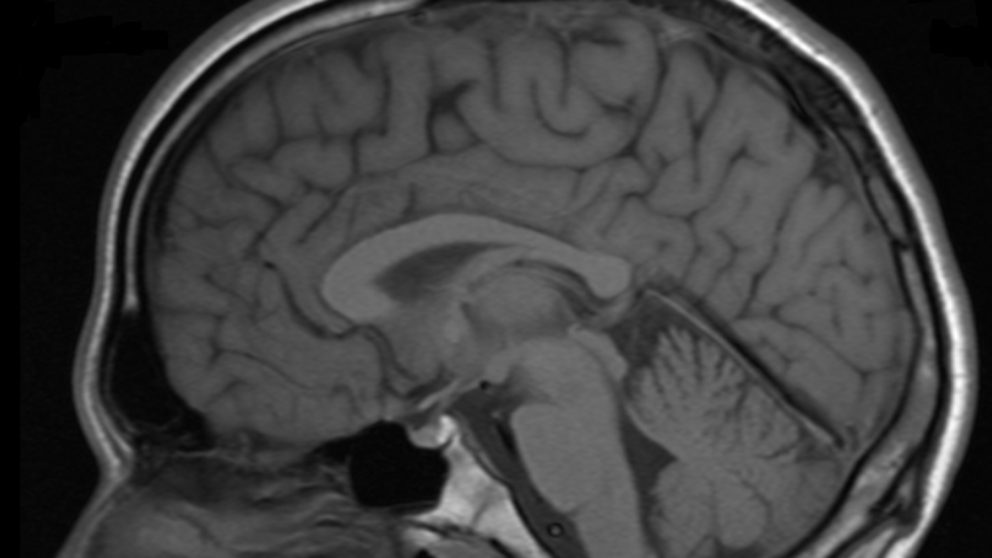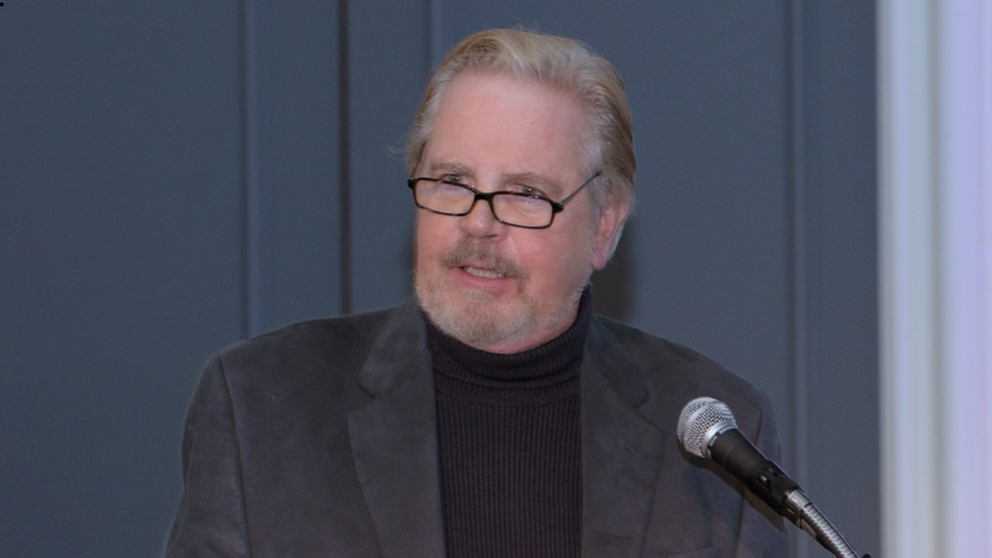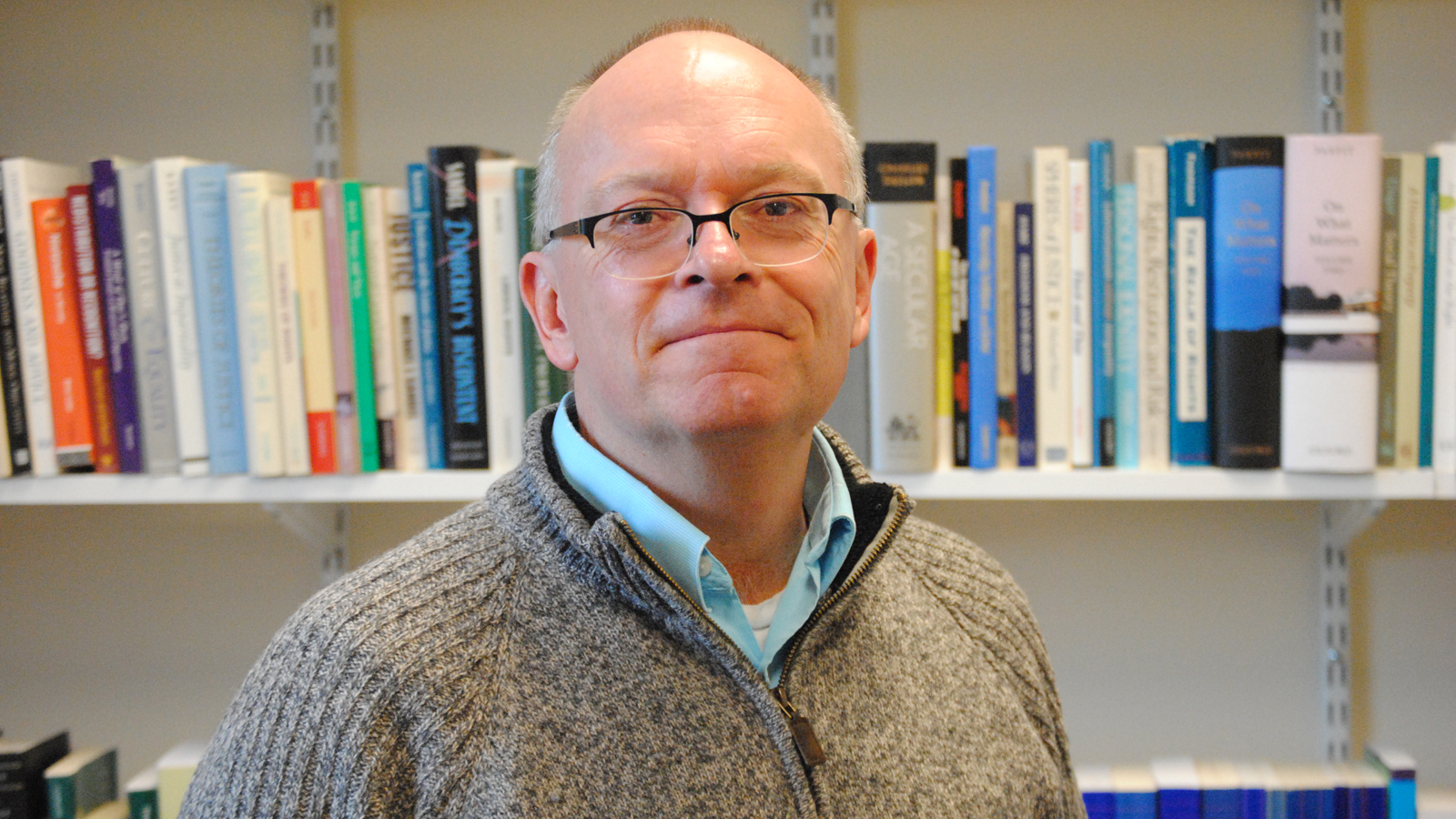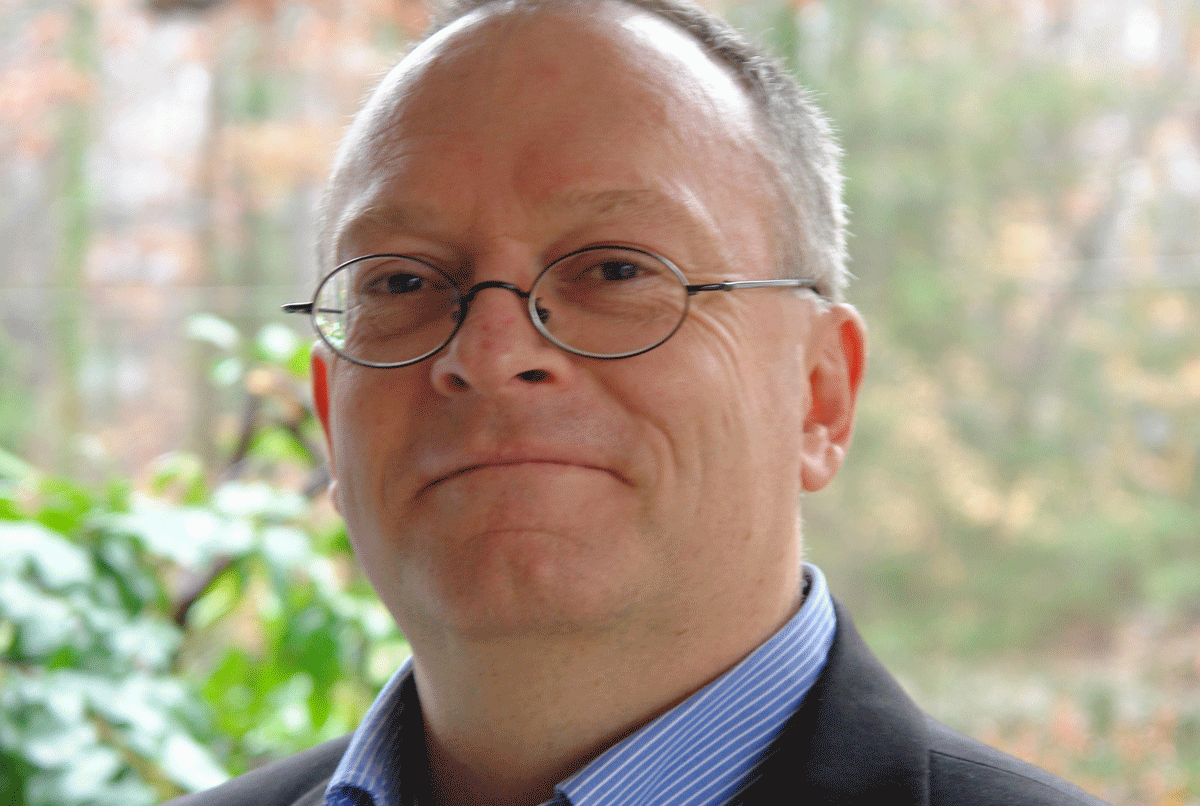Feb 9, 2016
New Book Explores Political Philosopher’s ‘Original Position’
What basic rules would you choose to form a society, if you were completely ignorant of your religion, race or socioeconomic status in that society? That question forms the basis of the original position, a thought experiment introduced by one of the most influential political philosophers of the 20th century, John Rawls. In a new book edited by NC State philosophy professor Timothy Hinton, he and a dozen other scholars offer a range of perspectives on Rawls’ influential theory.





